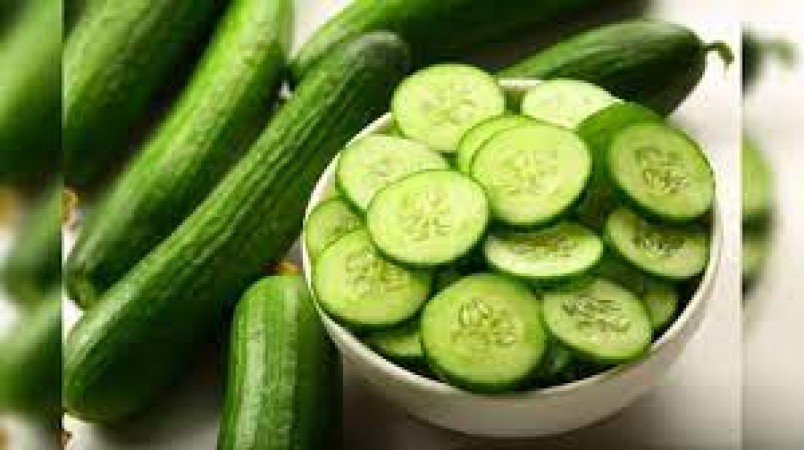
Eating cucumber seems harmless, right? This refreshing vegetable is often lauded for its hydrating properties and crisp texture, making it a popular choice for salads, sandwiches, and snacks. However, did you know that consuming cucumber incorrectly could potentially pose risks to your health? Let's delve into the potential dangers and how to avoid them.
Before delving into the risks, it's essential to understand what cucumber is composed of. Cucumbers are primarily made up of water, with a high content of vitamins, minerals, and antioxidants. They're low in calories and contain essential nutrients like vitamin K, potassium, and magnesium.
Cucumber's nutritional profile makes it an excellent addition to a balanced diet. Here's a brief overview of its key nutrients:
While cucumbers offer numerous health benefits, consuming them incorrectly can lead to potential risks. Here are some dangers associated with improper cucumber consumption:
Cucumbers are often sprayed with pesticides to ward off pests and diseases. Consuming cucumbers without thoroughly washing them can expose you to pesticide residue, which may have adverse effects on health over time.
Eating cucumbers in large quantities, especially without removing the seeds, can lead to digestive issues like bloating and indigestion. Cucumber seeds contain cucurbitacin, a compound that may cause gastrointestinal discomfort if consumed excessively.
While rare, some individuals may be allergic to cucumbers. Allergic reactions can range from mild itching and swelling to severe anaphylaxis. It's essential to monitor for any signs of allergy when introducing cucumbers into your diet, especially if you have a history of food allergies.
Certain cucumber varieties, particularly those with a bitter taste, may contain high levels of cucurbitacins, natural toxins found in the cucumber family. Consuming cucumbers with elevated levels of cucurbitacins can cause nausea, vomiting, and diarrhea.
To mitigate the risks associated with cucumber consumption, follow these best practices:
Before eating cucumbers, wash them under running water and scrub gently to remove any dirt, bacteria, or pesticide residue. Peeling cucumbers can further reduce pesticide exposure.
Removing cucumber seeds can help prevent digestive discomfort, especially if you're prone to gastrointestinal issues. Simply slice the cucumber lengthwise and scoop out the seeds with a spoon before consuming.
Opt for organic cucumbers whenever possible to minimize exposure to pesticides and other harmful chemicals. Organic cucumbers are grown without synthetic pesticides and fertilizers, reducing the risk of pesticide residue.
Enjoy cucumbers in moderation as part of a balanced diet. Incorporate them into salads, sandwiches, or as a refreshing snack, but avoid excessive consumption, particularly if you experience any adverse reactions. While cucumbers offer numerous health benefits, it's essential to consume them safely to avoid potential risks. By washing thoroughly, removing seeds, choosing organic options, and practicing moderation, you can enjoy the refreshing taste of cucumbers without compromising your health.